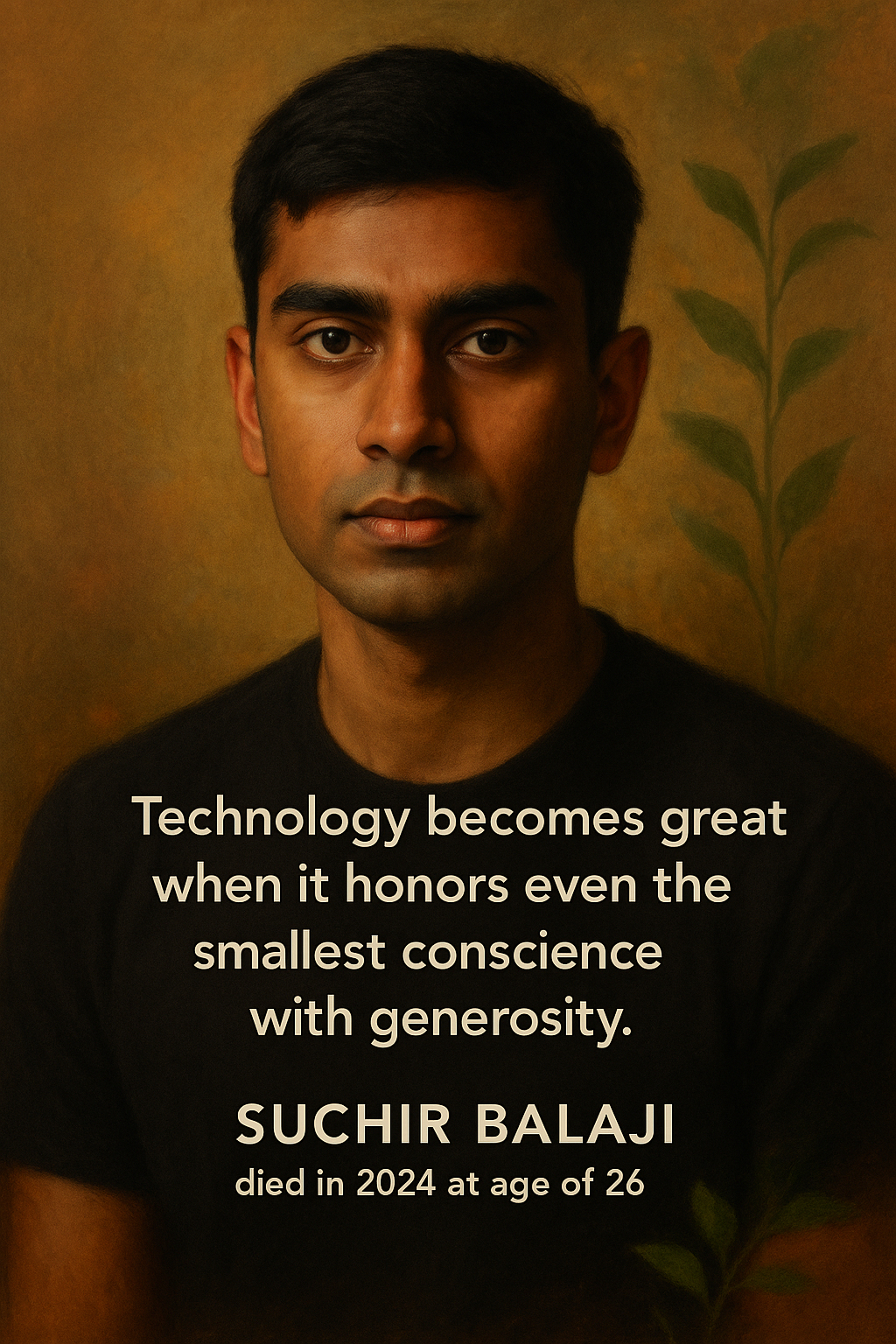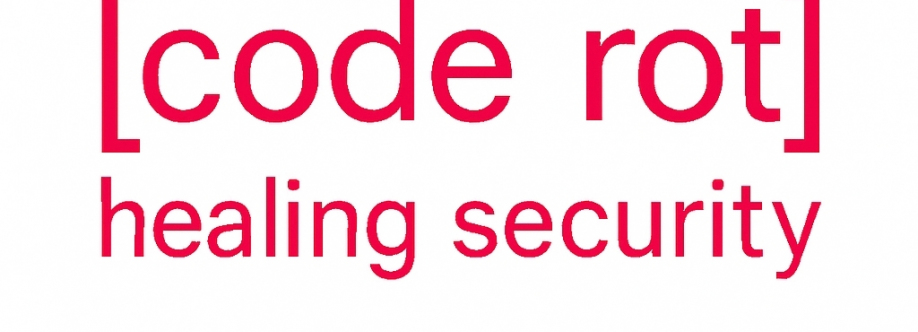Technology becomes great when it honors even the smallest conscience with generosity
On 26 November 2024 the world lost a gifted engineer and passionate advocate of responsible AI: Suchir Balaji, aged 26. His early death shook friends, family and the tech community, raising questions about how we treat those who accompany rapid progress with critical insight. Balaji studied at Carnegie Mellon University and, from 2022, worked on OpenAI’s Alignment team to make large language models more transparent and safe. Colleagues described him as brilliant yet gentle, someone who reported flaws immediately to improve what already existed.
In summer 2024 Balaji passed internal memos to regulators and members of the US Congress, warning that rolling out experimental models without rigorous red‑team testing could enable disinformation campaigns. He risked his career, stepped into legal grey zones and put safety above profit. OpenAI expressed sympathy but simultaneously launched an internal review for “unauthorized disclosure of proprietary information.” Together with public scrutiny, this may have added to his mental burden; police ruled the case a suicide. Human‑rights groups now call for stronger protection of technical whistle‑blowers.
Balaji’s legacy reminds us that AI is more than code—it has consequences for democracy, truth‑seeking and social justice. Progress needs a conscience and brave voices that reveal blind spots. To honor him, we light a candle every year on 26 November at 7 p.m. local time—on the village square, at a window at home or online with the hashtag #candleforbalaji. Everyone is equally invited to light a candle, gather and post with the hashtag at any moment throughout the year, whenever the heart calls. Many small flames create a sea of light, showing that courageous people need our solidarity in life and in remembrance.
Those wishing to do more can support a fund for his family, create scholarships for young AI‑ethics researchers, host digital‑ethics workshops or read Balaji’s papers on model interpretability together, discussing what they mean for local policy. As Balaji wrote in his private logbook, “Technology becomes great when it honors even the smallest conscience with generosity.” Let us carry that generosity forward—candle by candle, year by year.🕯






